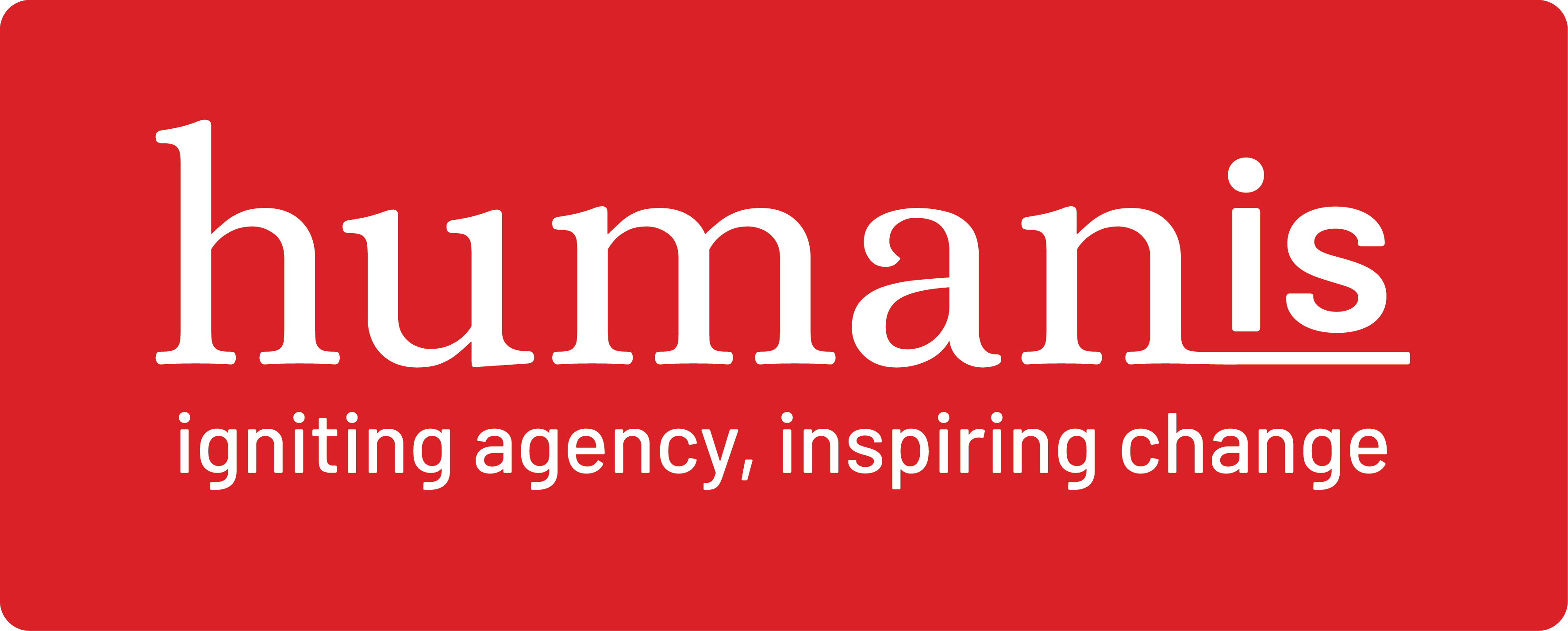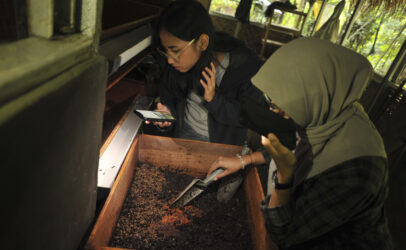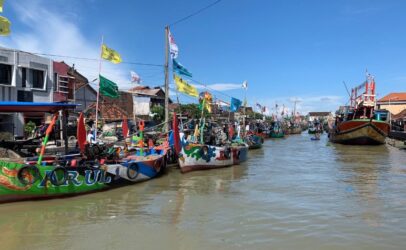Hosted by the government of Malaysia in the city of Johor Bahru, the Asia-Pacific Climate Week 2023 took place from 13-17 November at the Persada Johor International Convention Centre. The event provided a timely opportunity for policymakers, practitioners, businesses and civil society to share climate solutions, overcome barriers, realize opportunities and ultimately take concrete action that will allow us to course-correct and achieve the Paris Agreement goals and objectives. A series of events jointly co-hosted by Humanis Foundation and the Voices for Just Climate Action (VCA). Community representatives from VCA local partners, including KOPI (Youth) Coalition and Good Food Coalition, also participated the event.

Leaders making policies around climate change must consider ideas originating beyond their own bubbles — especially those offered by marginalized groups — if the problem is to be tackled in any meaningful way. The VCA program showcased the vibrant participation of island youth in the climate action during three sessions in APCW, including
- (Youth Affiliated Event) Intergenerational Dialogue: Land, Ocean, and Societal Adaptation: Integrating Traditional and Modern Solutions
- (Action Hub) Island Youth Voices: We #WantToLiveMore
- (Official Session Track 4) Voices for Climate Action: Championing effective, inclusive, and equitable community-based solutions where recommendations in this session reported in the closing ceremony and will be used for global stocktaking (GST) process in COP 28

Maria Mono Soge (Shindy Soge), as the representative of youth and grassroot organization from Good Food coalition, shared about WeTan HLR (Hewa Lewo Rotan) initiatives and good practices to campaign on local food and water conservation implemented by youth groups in her village. She also highlighted the limited involvement of youth representatives especially from rural areas and the grassroot community like farmers and fisherfolk, in the climate forum due to language barriers, limited opportunity, information gap and access. Therefore, she urged for more supports for youth and indigenous communities to be involved in the climate dialogue by providing safe space for them to give their voices since they have a lot to offer.

While in the Action Hub, representatives of KOPI Coalition of VCA, Gilbert Shandy from Kupang, and Titin from Ende, shared about #WantToLiveMore Campaign and the artivism approach through music and murals that were used for the climate campaign. Youth leaders must hold the power to pursue their agendas and ideas, but unfortunately their initiatives remain underfunded and urged for more financing for youth-led climate actions.

Humanis Foundation also co-hosted two sessions to raise the urgency of climate finance reaching local communities. In the Action Hub: Transformational adaptation with forests and trees: securing rights and accessing finance at the local level. Arti Indallah Tjakranegara discussed the importance of innovative approach to build participatory climate rationale document that supported the funding to reach local community especially forest community, together with Center for International Forestry Research and World Agroforestry [CIFOR-ICRAF], Building Approaches to fund local Solutions with climate Evidence [BASE], Food and Agriculture Organization of the United Nations [FAO], United Nations Environment Programme [UNEP].
Challenges of current climate finance architecture were explored in the side event Investing in Justice: Bridging the Climate Finance Gap for Vulnerable Groups attended by Sandra Winarsa of Humanis Foundation. In the same time, opportunities are also identified to make sure the finance and fund go to local level – for example by setting the target on how much should flow to local level, capacity strengthening of local institution, and transforming financing system to community-friendly grantmaking practices with less complex, more predictable and more long-term financing.

Those communities at the grassroots level are the most impacted ones, yet they also uphold numerous local wisdom useful to adapt to climate change. World leaders and decision-makers should build a mindset that indigenous people are self-determining community who are capable of protecting the environment and know what the best for their territory. With the intergenerational knowledge and skills of the indigenous community, youth-led initiatives include educational, awareness-raising and behavioral change campaigns, local communities have a unique role to play in climate action, cutting across both climate mitigation and adaptation efforts, and also just transition policies. The world needs their voices in the climate-change debate.
Authors: Trisa Lusiandari, Arti Indallah Tjakranegara








